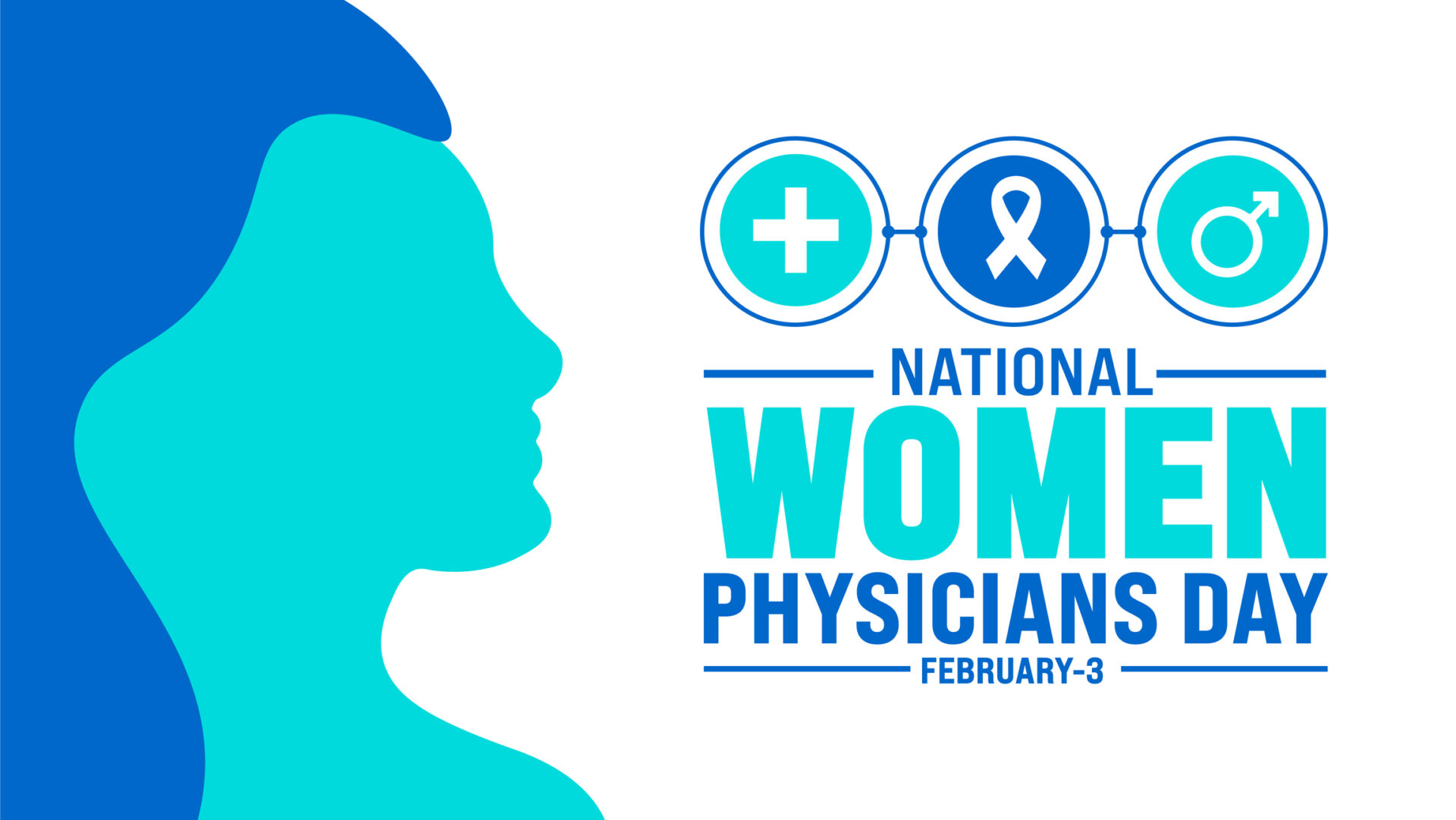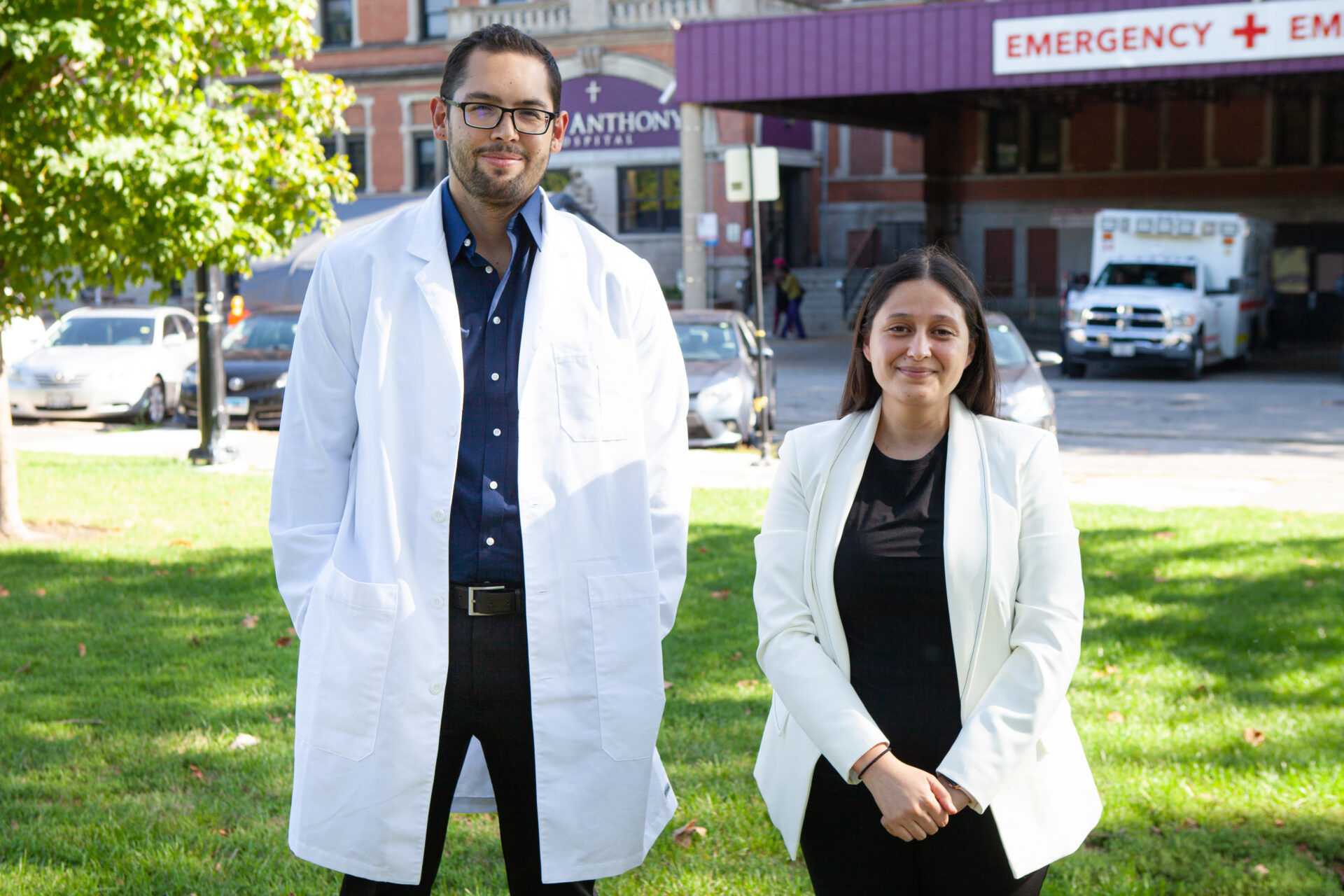February is Valentine’s Day personified. Its red hearts, cardboard board boxes filled with chocolate, and champagne bottles bubbling over. One lesser-known fact about February is that it is also the month during which the most breakups occur annually. According to research based on Facebook status changes, the end of February, beginning of March, and Mid-December are the most common times in which breakups occur.
This spike in singles following Valentine’s Day and around is most likely caused by the pressure for couples to show how much they care for one another. This requires evaluating the relationship, which can lead to questioning and the chance of a breakup.
Depending on the duration of the relationship, the perceived connection, and the presence or lack of warning signs, a breakup can be challenging to overcome both emotionally and physically. While breakups and their recovery can take an individual on an emotional rollercoaster, breakups can manifest into very real health issues. Below we outline some common health complications associated with losing someone you love.
Physical Pain
According to recent research, emotional pain caused by heartbreak can be as intense as physical pain. This is caused by the mutual firing of the sympathetic and parasympathetic systems firing at the same time. In studies that incorporated the monitoring of brain activity, the pain felt by those viewing images of ex-lovers stimulated similar sensations to those when the same individual held a hot cup of coffee.
Broken Heart Syndrome
The name of this syndrome says it all. Broken heart syndrome has similar symptoms to that of a heart attack. These include difficulty breathing and chest pain. Each year over 100,000 individuals are treated for broken heart syndrome, the majority of which are female. Stress is the cause of most reported cases. Contrary to its name, elderly people can also show signs of broken heart symptoms when met with excitement as their bodies can mistake this for stress.
Want to treat individuals experiencing broken heart syndrome? Cardiology could be an excellent medical specialty for you. For information on this specialty, check out our cardiology specialty profile.
Withdrawal Symptoms
Following a breakup, individuals may experience a change in mental state, similar to that of drug addicts in recovery. An individual may experience obsessive thinking and subsequent brain fog. Seeking help from a therapist is recommended in cases where a breakup, and its subsequent withdrawal, affects an individual’s ability to carry out their daily life.
The above health complications from broken hearts can heal with time and effort following a short period of grieving. Health professionals suggest that individuals struggling with a breakup spend time with friends and family and fill their time with physical activity.
Want more heart-centric blog posts?
Check out our post, ‘Q & A With a Female Cardiologist’>







Leave A Comment